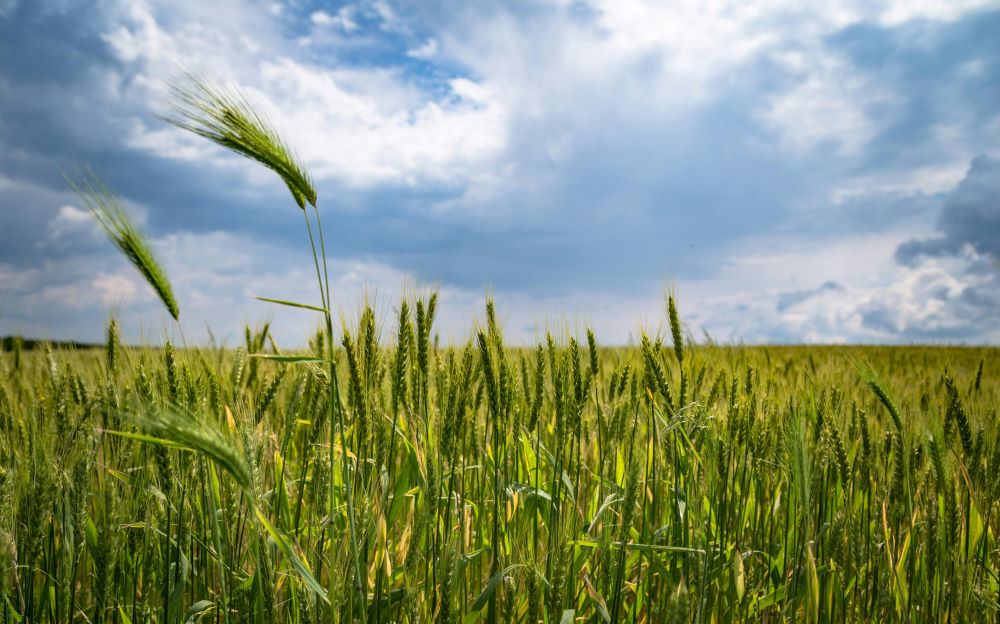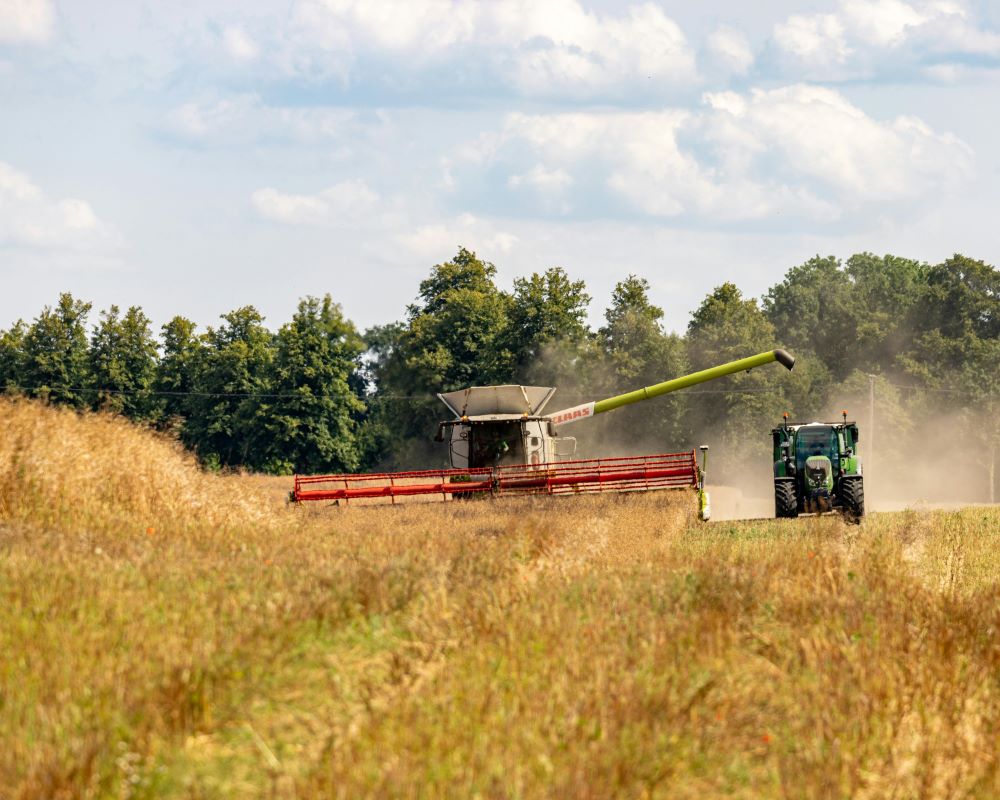Farmers struggle with financial stress, long workdays, and other challenges, yet rural communities continue to experience mental health shortages.
The agricultural sector in the United States is witnessing a growing mental health crisis among farming communities, prompting urgent efforts to provide accessible support and combat stigma surrounding mental health issues. Chris Bardenhagen’s experience reflects the profound challenges faced by farmers dealing with mental health concerns in the complexities of managing family farms. As a sixth-generation farmer, Bardenhagen’s transition to overseeing his family’s farm in Michigan has been fraught with financial pressures and the weight of familial legacy.
The burden of maintaining a struggling farm operation, coupled with the demands of securing financial support and dealing with volatile crop yields, has left Bardenhagen contemplating therapy—an acknowledgment of the toll that farming pressures can exact on mental well-being.
The agricultural sector is no stranger to instability, with factors such as financial uncertainty and climate change-induced crop variability contributing to mounting stress levels among farmers. The resultant mental health crisis is exacerbated by limited access to mental health services and entrenched stigmas surrounding seeking help within farming communities.
Alarming statistics, including a suicide rate over 50 percent higher among male farmers compared to the general population, highlight the urgency of addressing mental health challenges in farming communities.

In response to these pressing concerns, various initiatives have emerged to provide critical mental health support to farmers nationwide. Two programs stand out in terms of providing necessary resources to farmers. These include:
- Farm Aid farmer resource network and
- Michigan State University’s Managing Farm Stress program
They provide financial assistance, free hotlines, and therapy sessions, aimed at alleviating immediate crises and promoting community support networks. Mental health professionals specializing in agriculture-related issues are actively establishing resources and combatting stigma, encouraging a cultural shift that encourages open dialogue about mental health challenges.
Financial stress emerges as a predominant factor contributing to farmers’ mental health struggles, with declining farm incomes and climate-related uncertainties compounding existing challenges. The interconnected nature of financial well-being and climate change showcases the need for comprehensive support mechanisms tailored to the unique stressors faced by farmers.
Efforts such as expanded teletherapy services offered by programs like MSU’s Managing Farm Stress program aim to bridge gaps in mental health care accessibility, particularly in rural areas with shortages of mental health providers.
Despite the increasing availability of mental health resources, stigma remains a formidable barrier to seeking help within rural communities. The prevailing cultural ethos of self-reliance often impedes farmers from acknowledging their mental health needs and seeking professional support.
Efforts to shift this mindset involve reframing mental health support as akin to seeking assistance for any other aspect of farm management—a practical necessity rather than a sign of weakness.
Teletherapy emerges as a discreet and accessible option for farmers concerned about the stigma associated with seeking in-person counseling. Additionally, integrating mental health discussions into existing social gatherings and agricultural events facilitates informal dialogue and destigmatizes seeking help.
Humanizing the treatment process and building connections between farmers and mental health professionals are integral to overcoming barriers to care and promoting mental well-being within farming communities.
Advocates emphasize the importance of public perception in cultivating a supportive environment for farmers facing mental health challenges. Recognizing farmers’ contributions to food security and dispelling negative stereotypes are essential steps towards creating a culture of appreciation and understanding.
Acknowledging the intrinsic value of farmers’ labor and advocating for their well-being, communities can play a key role in combating mental health stigma and promoting resilience within farming communities.
For farmers like Chris Bardenhagen, the journey towards prioritizing mental health represents a vital step in safeguarding personal well-being and sustaining the legacy of family farms. Despite the formidable challenges inherent in farming, moments of connection to the land and familial heritage serve as sources of solace and resilience.
As farming communities continue to deal with mental health, leading to an environment of support and understanding remains essential in safeguarding the well-being of those who sustain our agricultural heritage.
Sources:
Farmers in Crisis, Long Overlooked, Are Finally Getting Mental Health Support
Suicide Rates by Industry and Occupation — National Vital Statistics System, United States, 2021
Do farmers have an increased risk of cardiovascular disease?
USDA Forecasts Sharpest Decline in U.S. Farm Income in History


Join the conversation!